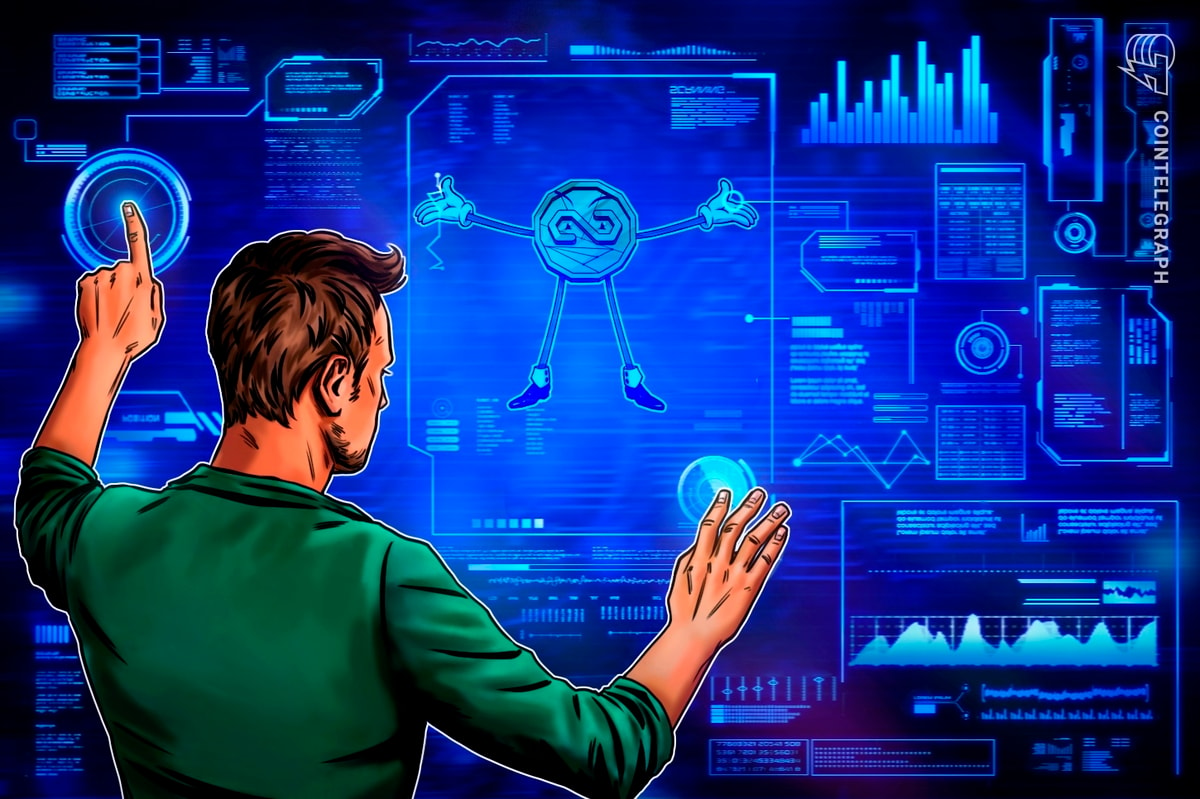Authors including Michael Chabon, Ta-Nehisi Coates and Sarah Silverman, who are suing artificial intelligence (AI) company OpenAI for copyright infringement, have urged a California court to dismiss parallel lawsuits filed by The New York Times (NYT), John Grisham and others in New York.
In a court document filed on Thursday, Feb. 8, the authors argued that permitting the copycat lawsuits — including the NYTs case and a prior one initiated by the Authors Guild on behalf of Grisham and others — would lead to “inconsistent rulings in overlapping class actions” and be a misuse of court resources.
Comedian and author Sarah Silverman and two other authors, Richard Kadrey and Christopher Golden, filed a lawsuit against OpenAI’s ChatGPT over copyright infringement in July 2023. The lawsuit alleged that when ChatGPT generates summaries of the author’s work, it indicates the training via copyrighted content.
The California plaintiffs also claimed that the New York lawsuits enabled OpenAI to participate in “forum shopping” and “procedural gamesmanship.”
The authors in California informed the court that the New York cases closely resemble their own, suggesting that OpenAI is seeking more favorable conditions in New York following the California court’s rejection of its proposed litigation schedule.
Related: OpenAI reportedly seeking trillions for AI chip development
Several groups of copyright owners, including writers, visual artists and music publishers, have sued tech companies like Microsoft-backed OpenAI over alleged misuse of their work to train generative A systems.
OpenAI, Meta and others argue that their AI training is considered transformative and within the fair use copyright doctrine. Meta pointed out that it is akin to legal precedents, such as Google’s book copying for search, which was deemed fair use in Authors Guild vs. Google in 2015.
In September 2023, a New York-based professional organization for published writers led by the Authors Guild, including George R.R. Martin, John Grisham, Jodi Picoult, George Saunders and Jonathan Franzen, joined a proposed class-action lawsuit against OpenAI due to its alleged misuse of copyrighted material in the training of its AI models.
Additional complaints by the NYT followed this. The lawsuit pulled from both the U.S. Constitution and the Copyright Act to defend the original journalism of the NYT.
Magazine: Top AI tools of 2023, weird DEI image guardrails, ‘based’ AI bots: AI Eye











